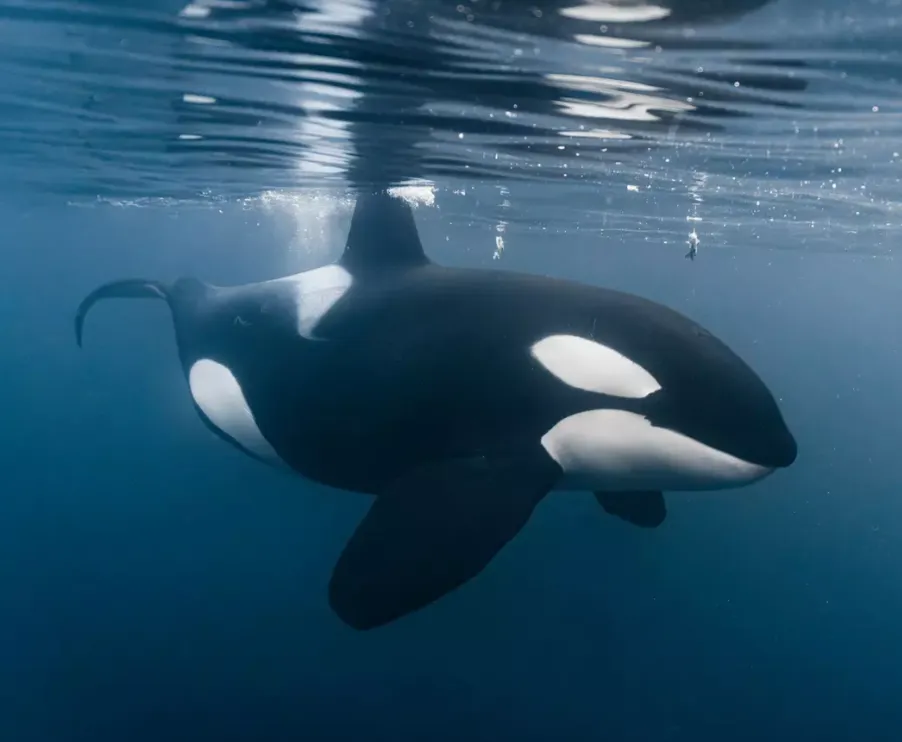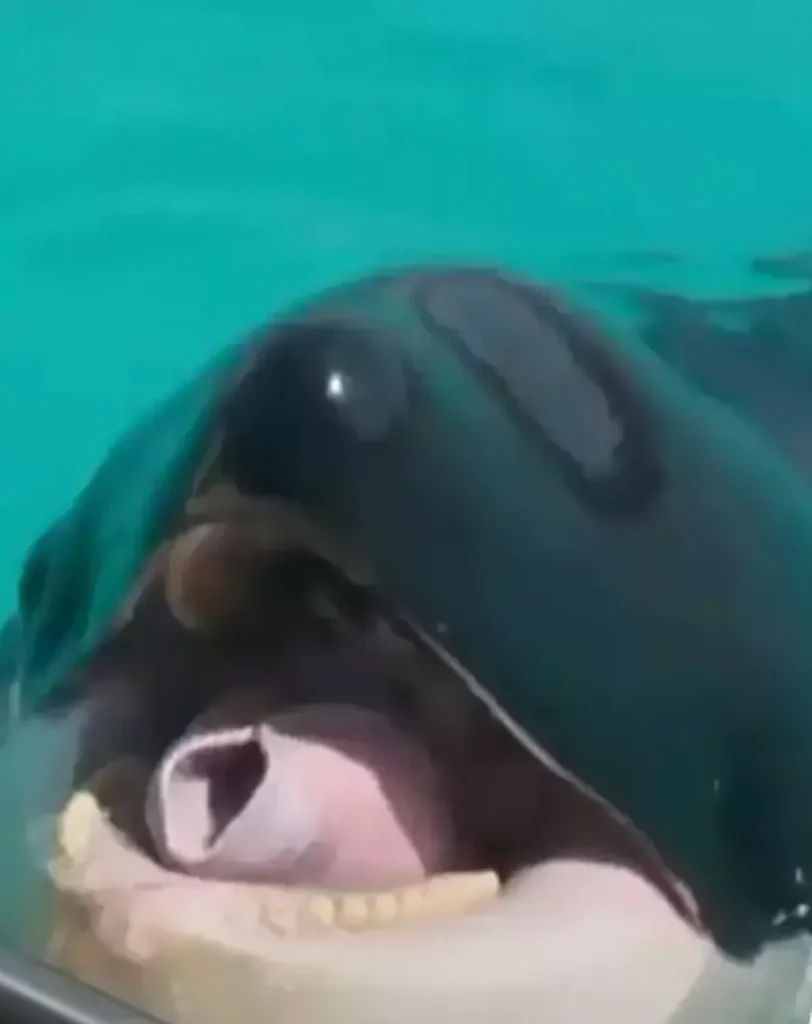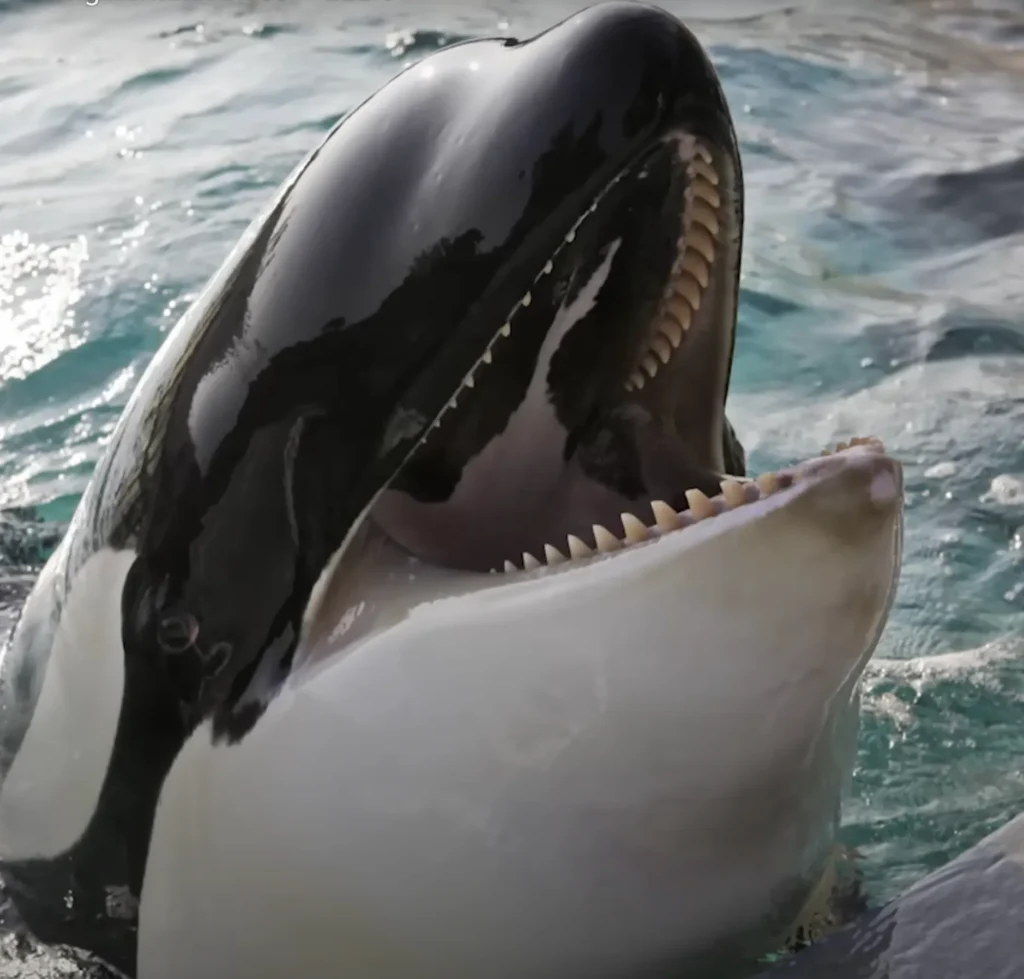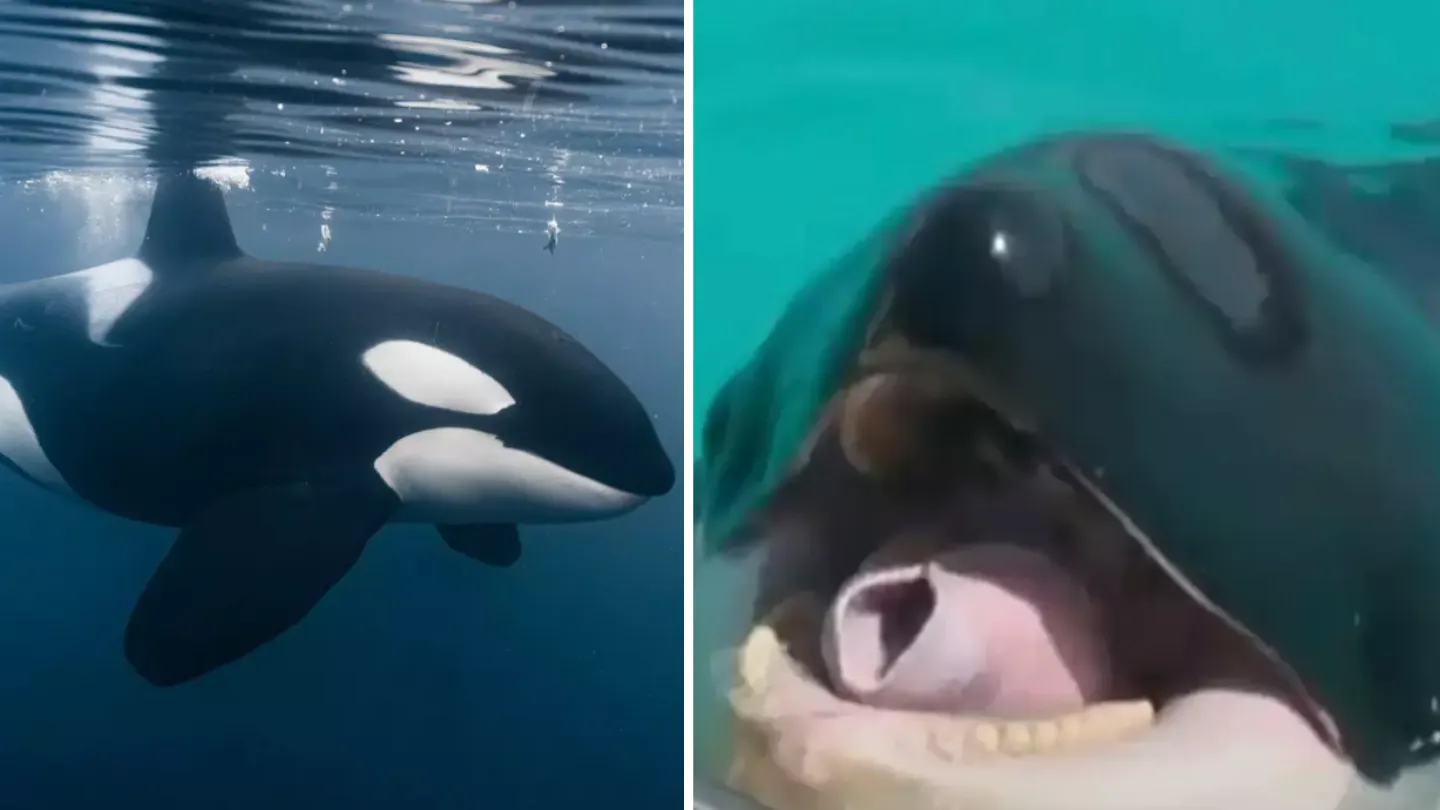There are few creatures in the vast expanse of the ocean to capture the human imagination, more than the very orca – the killer whale. Famous for their intelligence and complex social systems, these apex predators have been a mainstay of marine research for a while.
Orcas are famed for the sophistication of their communication systems — a claim that recent studies have uncovered as shocking in its own right. From scientists to the general public, these researchers are taking their deep dive into the extraordinary skills of these marine mammals.
Each orca pod has their own vocalizations, a term which is often referred to as dialects, and allow for incredibly complex social interactions. Tests of their cognitive prowess and adaptability in the wild are supported by this vocal cultural transmission of vocal patterns.
But they are a far more amazing animal than has ever been discovered. Killer whales seem to have a remarkable ability to produce sounds beyond their normal repertory.

In 2018 one such study peaked the world’s interest in Wikie, 14, a female orca held at Marineland Aquarium in Antibes, France. Wikie was trained to respond to a ‘copy’ command, which is exactly the kind of thing you would want in the animal to test the boundaries of orca vocal learning.
To challenge Wikie’s capabilities in a meticulous experiment, the research team had designed. First with unfamiliar orca sounds from other pods, she exposed herself to never-before seen sounds thus ensuring those new sounds are not part of her repertoire.
And then Wikie was introduced to even greater challenge. In one part of the session, the team played human words like “hello,” “bye-bye” and “one, two, three” and made her repeat unfamiliar phrases.
That left researchers and observers in a state of stunned shock. Wikie was able to mimic most of these human words pretty well, almost always producing eerily good renditions on her first try. The only way that she could replicate such sounds was unexpected.
But Wikie’s mimicry attracted mixed reactions from the public. Her vocalizations were recorded and circulated around the world, with some singers saying they sounded like a little demonic because of their eerie resemblance to human speech.

One listener wrote, ‘The hello sounded demonic,’ while another just said, ‘Was that an orca or The Devil talking through a ghost box?’ Such reactions, however, only came despite Wikie’s astonishing power.
The significance of the research was explained by Josep Call, a professor at the University of St Andrews and one of the study authors. “We wanted to know just how flexible a killer whale is at copying sounds… and ‘hello’ wasn’t the call a killer whale would say,” he added.
The thing that makes Wikie’s achievement even more impressive is just how much the vocal apparatus of humans and orcas differ. But she did a surprisingly good job getting sounds that were nearly identical to the human utterances.
While Wikie’s mimicry has astonished scientists, the researchers pointed out there is no evidence she knows what the words actually mean. She can only imitate, she knows not the whence and nor the why.

These results open a new window into the communication systems of orcas, including how they learn sounds by vocally imitating, an ability which is only demonstrated in a few species. This might explain the dialects found in wild orca populations.
One thing did become clear as listeners around the world took up debating the implications of these recordings. Orcas are even more intelligence and adaptive than we thought.
Just think of the list of incredible creatures in the world and Wikie’s vocal feats bring to mind the enormous amount of marine life we don’t understand. Given this, her mimicry of human speech systematically challenges anything we think we know about animal communication, and raises questions we have yet to answer.
Feature Image Credit: (Abramson et. al/CBS News)

